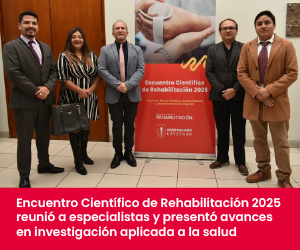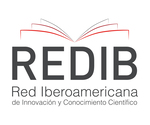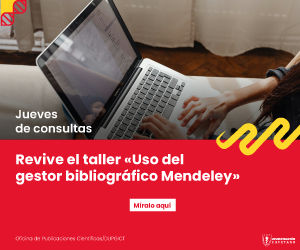Programa piloto de intervenção em saúde mental baseado em papéis e ocupações e orientado a famílias de crianças com transtorno do espectro autista: um relatório de sua aplicação no Centro Comunitário de Saúde Mental San Cosme
DOI:
https://doi.org/10.20453/rhr.v2023i1.5040Palavras-chave:
autismo infantil, serviço comunitário de saúde mental, terapia ocupacionalResumo
Este relatório descreve o desenvolvimento de um programa piloto para pais de crianças com transtorno do espectro autista, projetado pelo serviço de terapia ocupacional do Centro Comunitário de Saúde Mental San Cosme, em Lima, Peru. O objetivo deste relatório é informar sobre o processo de intervenção do programa e as mudanças que ocorreram após sua implementação na população. Este processo envolveu quatro fases: análise da realidade e do contexto, elaboração do programa, implementação e avaliação final. Os resultados obtidos durante a avaliação final mostraram que os participantes do programa obtiveram conhecimentos básicos sobre a importância da organização e os benefícios do jogo orientado no desenvolvimento de crianças com transtorno do espectro autista.
Downloads
Downloads
Publicado
Como Citar
Edição
Seção
Licença
Todos los artículos publicados en la Revista Herediana de Rehabilitación están protegidos por una una licencia Creative Commons Reconocimiento 4.0 Internacional.
Los autores conservan los derechos de autor y ceden a la revista el derecho de primera publicación, con el trabajo registrado con la Licencia de Creative Commons, que permite a terceros utilizar lo publicado siempre que mencionen la autoría del trabajo, y a la primera publicación en esta revista.
Los autores pueden realizar otros acuerdos contraactuales independientes y adicionales para la distribución no exclusiva de la versión publicada en esta revista, siempre que indiquen claramente que el trabajo se publicó en esta revista.
Los autores puede archivar en el repositorio de su institución:
El trabajo de investigación o tesis de grado del que deriva el artículo publicado.
La versión preimpresa: la versión previa a la revisión por pares.
La versión posterior a la impresión: versión final después de la revisión por pares.
La versión definitiva o versión final creada por el editor para su publicación.











 Esta obra está bajo una
Esta obra está bajo una 